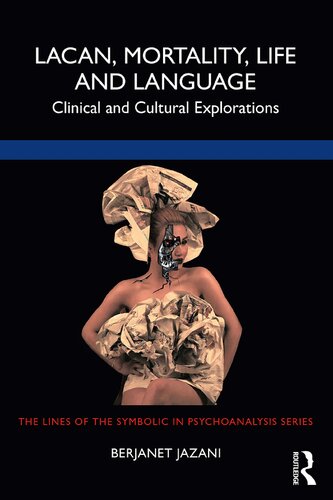

Most ebook files are in PDF format, so you can easily read them using various software such as Foxit Reader or directly on the Google Chrome browser.
Some ebook files are released by publishers in other formats such as .awz, .mobi, .epub, .fb2, etc. You may need to install specific software to read these formats on mobile/PC, such as Calibre.
Please read the tutorial at this link: https://ebookbell.com/faq
We offer FREE conversion to the popular formats you request; however, this may take some time. Therefore, right after payment, please email us, and we will try to provide the service as quickly as possible.
For some exceptional file formats or broken links (if any), please refrain from opening any disputes. Instead, email us first, and we will try to assist within a maximum of 6 hours.
EbookBell Team

4.1
10 reviewsThis work presents thoughts on the Lacanian subject: What are we as a speaking being? What makes us a human subject from a psychoanalytic perspective? Is it feelings and affect that make us a human? Or was it the Freudian invention of the unconscious that drew a line between human and a non-human?
What can be learnt from the subject of the unconscious in the clinic of psychoanalysis that can help us to approach these questions? Berjanet Jazani takes examples from the psychoanalytic clinic as well as cultural references ranging from ancient Persia to London’s Theatreland in order to elaborate the question of subjectivity, reality and truth from a psychoanalytic perspective. In the era of hyperreality, the agency of branding and marketing strategies has overshadowed the reality of a human being, his true nature and agency. The hyperreality of contemporary society creates in each individual a false hope of becoming a high-fidelity copy of their idols, and such a fallacy has led many to believe that this is what determines their being in a social bond. Jazani explores the question of the reality and mortality of a subject through a Lacanian prism, from the theorising of analytical subjectivity that starts with the Freudian Oedipal myth more than a century ago to the futurist aspiration to fabricate human beings according to some ideal model.
This book will be important reading for students and academics of Lacanian psychoanalysis, as well as professionals concerned with complex social problems.